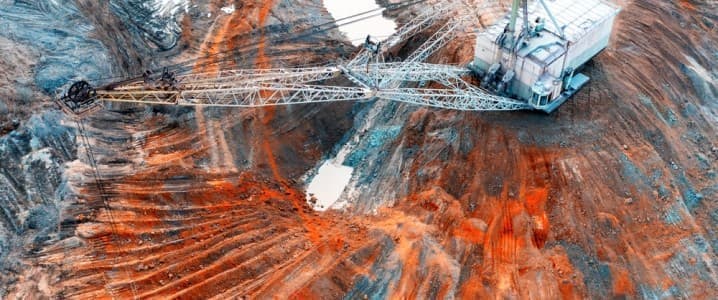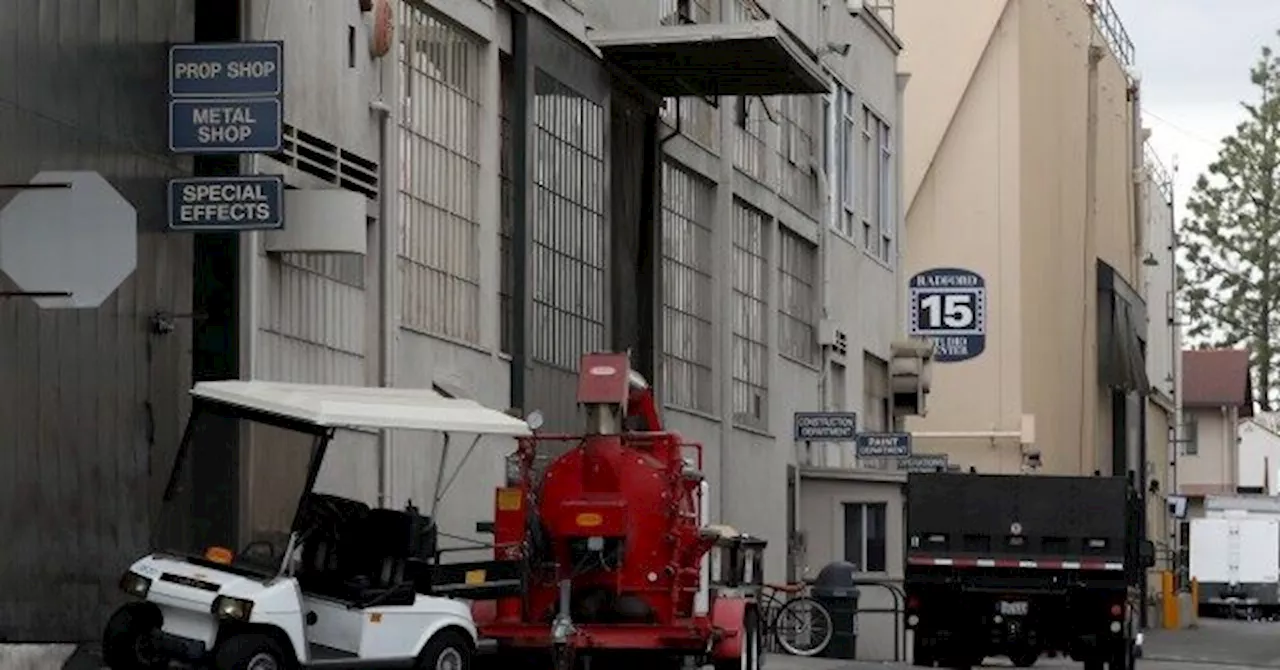
China’s decision to impose a ban on exports of critical minerals such as antimony, gallium, and germanium to the United States has caused prices to surge nearly 50% within days. This move, enacted in early 2024, is widely seen as a retaliation against Washington’s actions targeting China’s semiconductor sector. In response, traders are finding ways to circumvent the restrictions, leading to significant imports of these banned minerals from third countries.
Reports indicate that Chinese traders are rerouting shipments through nations like Mexico and Thailand. U.S. customs data reveals that in the first four months following the ban, the U.S. imported 3,834 metric tons of antimony from these countries—an amount greater than that imported over nearly the previous three years combined. This shift has propelled Mexico and Thailand into positions as some of the largest importers of antimony from China, despite neither appearing in the Top 10 list just two years prior.
Creative Workarounds in the Shadow Economy
Analysts suggest that many shipments are being mislabelled as other goods, such as iron or art supplies, before being sent through these third countries. This trend has been corroborated by several U.S. importers and industry experts. “It’s a pattern that we’re seeing and that pattern is consistent,” said Ram Ben Tzion, CEO of Publican, in an interview with Reuters. He highlighted the ingenuity of Chinese companies in navigating regulatory barriers.
Despite the ban, U.S. manufacturers are capitalizing on loopholes, with imports of the three minerals potentially matching or even exceeding pre-ban levels, albeit at elevated prices. American buyers face the challenge of dealing with cautious Chinese logistics firms. Levi Parker, CEO of Gallant Metals, noted that he sources 200 kg of gallium monthly but is unable to increase this to his desired 500 kg due to concerns that larger shipments could attract scrutiny from Chinese authorities.
The situation is particularly notable for companies like Thai Unipet Industries, a subsidiary of Chinese producer Youngsun Chemicals. Since the ban’s implementation in December 2024, Unipet has reported escalating trade levels, having shipped 3,366 tons of antimony to U.S.-based Youngsun & Essen within just five months—nearly 30 times the volume shipped throughout the entire previous year.
International Implications and Future Trends
While offenders of the export ban face penalties such as fines or bans on future exports, some cases may be classified as smuggling, which could lead to severe legal repercussions, including prison sentences of up to five years. Nevertheless, the potential for substantial profits continues to drive this shadow economy, especially with current prices for critical minerals reaching historic highs.
In a broader context, the evolving dynamics of the global mineral market highlight the intertwined relationships between nations. Earlier in the year, a conversation between U.S. President Donald Trump and Australian Prime Minister Anthony Albanese raised concerns in Beijing, which relies on Australian minerals while also supplying critical materials to the U.S. Australia provides approximately 60% of China’s iron ore imports, making it a vital resource for both nations.
China has long dominated the refining and processing of minerals for the global market, while Australia serves as a key upstream supplier. The relationship is particularly significant in the production of materials essential for electric vehicle batteries. For instance, Chinese company Tianqi Lithium has invested heavily in a lithium hydroxide plant in Kwinana, Perth, further solidifying this interdependence.
The U.S. and its allies are actively seeking to reduce reliance on Chinese minerals. Since 2006, China has exercised tight control over its rare earth supplies through a quota system, and in 2023, it issued a record high total quota of 255,000 tons, reflecting a 21.4% year-on-year increase. Beijing has also tightened regulations on the export of various critical metals, including technology for producing rare earth magnets, citing national security concerns.
As the global demand for critical minerals continues to rise, the interplay between supply chains, national security, and economic interests will remain a focal point. The current climate suggests that both traders and governments will need to navigate an increasingly complex landscape in the critical minerals market.






